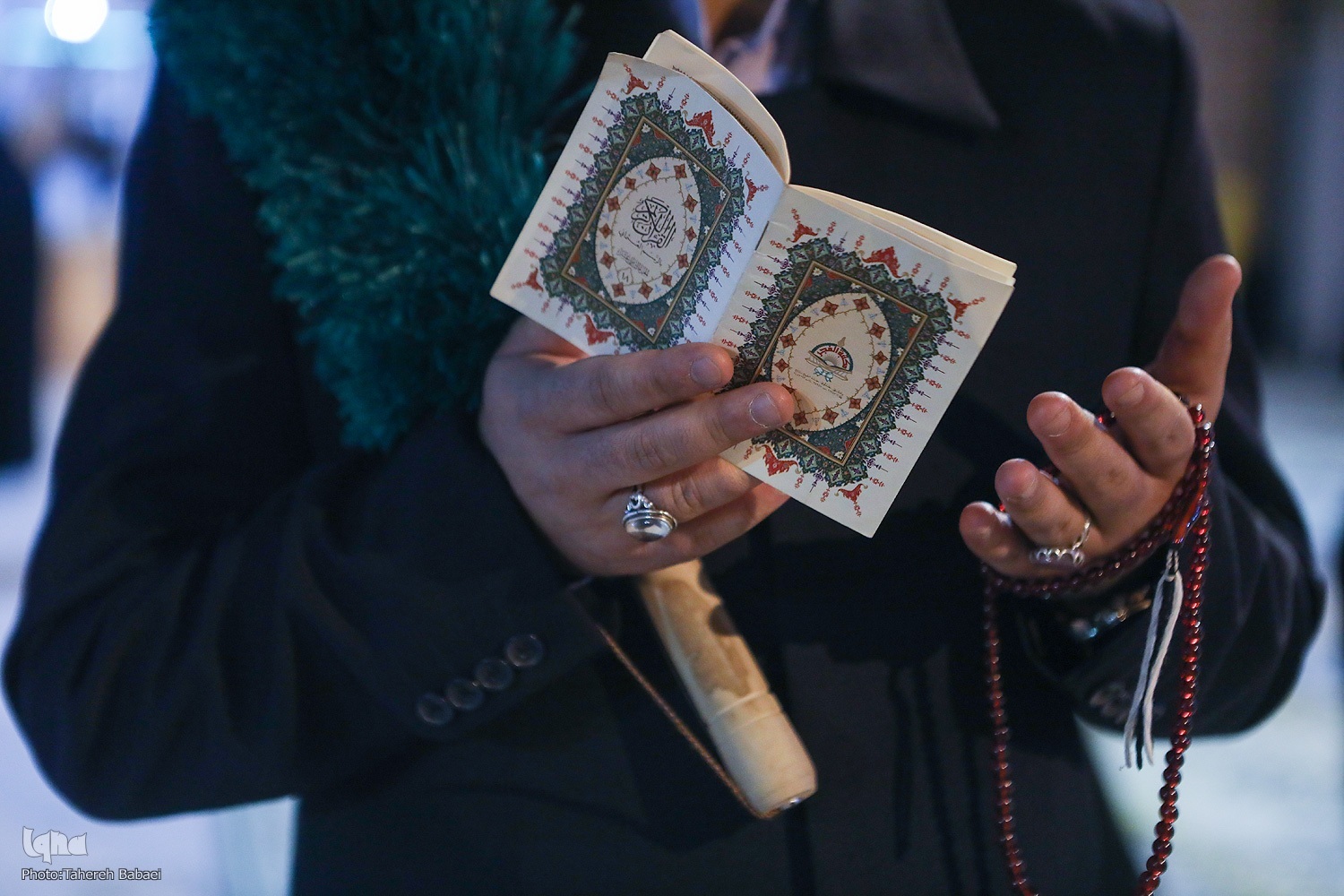How to Maintain Spiritual Uplift of Ramadan After the Month Ends? (Part 1)

We often neglect the precious rewards we gathered, not using the spiritual "purchases" we made during this blessed month. Fasting's ultimate fruit is “taqwa”, and after Ramadan, it is time to harvest this fruit and apply its benefits in our lives.
A common spiritual shortcoming among Muslims is underestimating the significance of our achievements after Ramadan. While we engage in intense worship during the holy month, it should merely be the starting point for a more enriched spiritual life beyond Ramadan. The blessings and benefits of Ramadan often become evident only after the month concludes.
Allah says in the Quran:
"O you who have faith! Prescribed for you is fasting as it was prescribed for those who were before you, so that you may be Godwary."_ (Surah Al-Baqarah, verse 183)
Read More:
The purpose of fasting is to cultivate taqwa within us. The fruit of this spiritual practice is meant to be reaped in the days following Ramadan.
The truth is, after Ramadan, we often find ourselves in a better spiritual state. Our inclination toward sin decreases, while our desire for supplication and worship strengthens. Prayers are answered more readily, repentance is more likely to be accepted, and returning to Allah becomes easier. However, Satan often seeks to distract us from recognizing and preserving this elevated state.
So, how can we make the most of this golden opportunity? The best approach is to cultivate good habits.
Prophet Muhammad (PBUH) said: "Accustom yourselves to doing good deeds." Developing a habit requires consistency. The Prophet (PBUH) also advised: "A small deed that is consistent is better than a large deed that becomes burdensome."
Read More:
While many assume habits are solely related to outward actions, they can also involve the state of the heart. The heart can become accustomed to specific emotions and attitudes.
The Prophet (PBUH) further said: "Accustom your hearts to being watchful, engage in deep reflection, and learn lessons from what you observe." (Kanz al-Ummal, 5709)
In another Hadith, he advised: "Accustom your hearts to tenderness, reflect often, and weep frequently out of the fear of Allah."
Read More:
After Ramadan, one of the best ways to preserve its spiritual impact is to begin forming both behavioral and emotional habits.
For instance, we can train ourselves to perform our daily prayers on time. By making this a deliberate practice, we are conditioning our hearts and minds to remain connected to Allah.
By Dr. Mohammad Hossein Akhavan Tabasi


